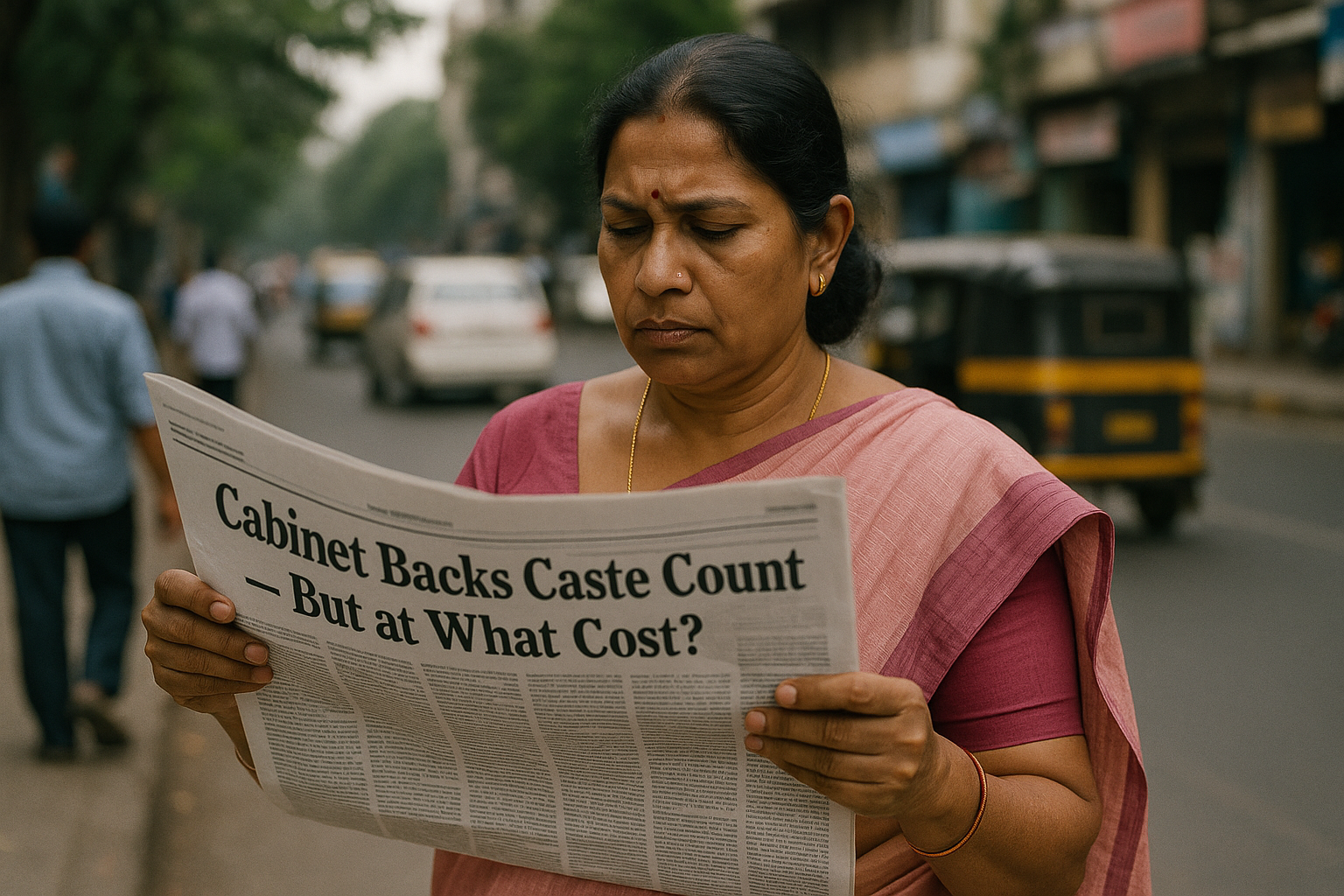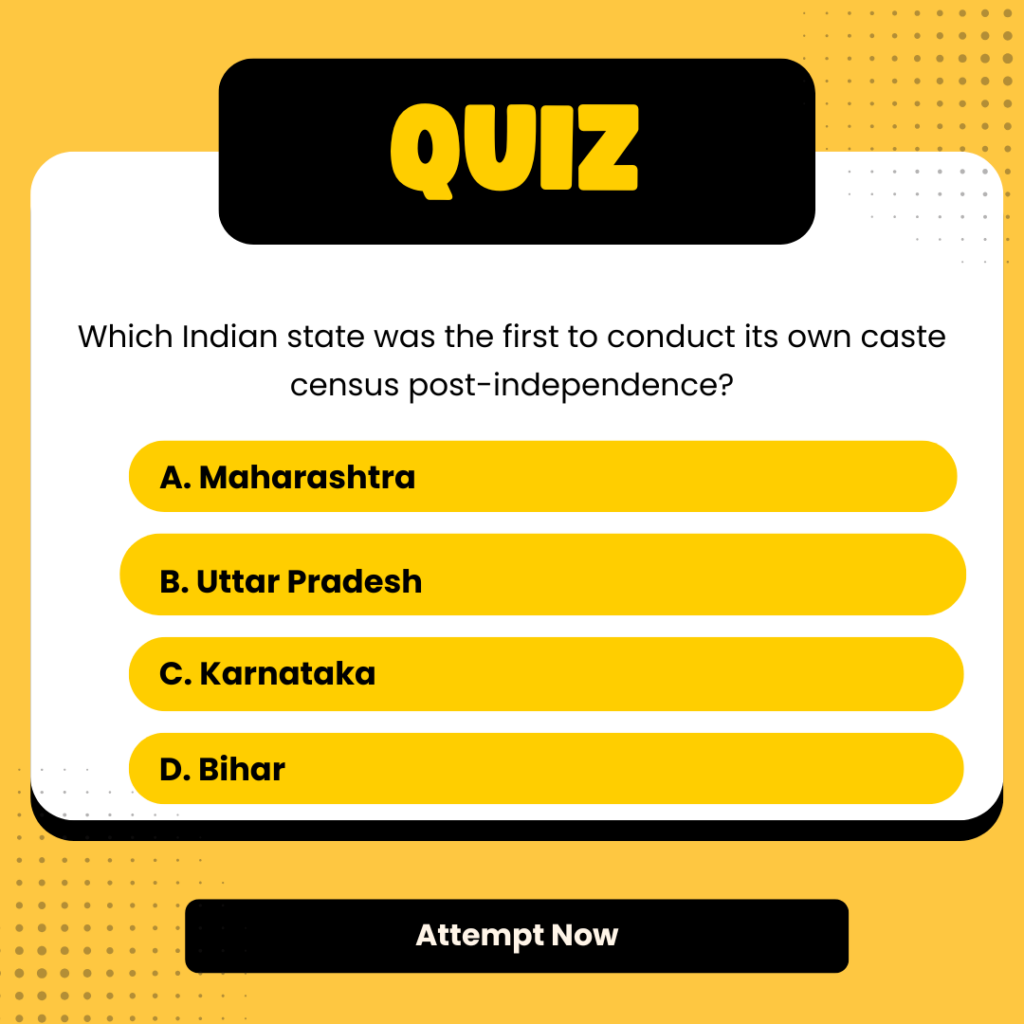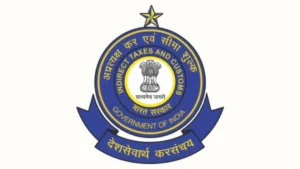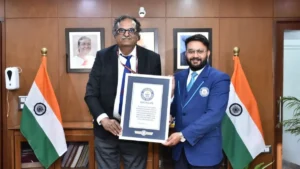In a significant move, the Union Cabinet Committee on Political Affairs has approved the inclusion of a caste census in the upcoming national population census. The announcement was made by Union Minister Ashwini Vaishnaw, who emphasized that this exercise will be conducted in a “transparent manner” to preserve social harmony.
Important Highlights:
- The caste census will be officially conducted as part of the next national census, not as a separate survey.
- Union Minister Ashwini Vaishnaw criticized the Congress and other INDIA bloc parties, claiming they had historically opposed caste-based census and used it politically.
- The Minister stated that caste surveys often “created doubts” in society and argued for a more systematic and national-level enumeration to avoid political misuse.
- Congress, INDIA bloc, and several regional parties have long demanded a caste census. Congress-ruled Karnataka recently carried out a state-level caste survey.
- The Karnataka caste survey faced backlash from Vokkaliga and Lingayat communities, who claimed the survey data did not represent them accurately and required revision.
- Bihar became the first state to conduct a caste census in 2023, setting a precedent for others.
History of Census and Caste Enumeration in India
- The last full national census in India was conducted in 2011. The 2021 Census was postponed due to the COVID-19 pandemic and is yet to be conducted.
- The decennial Census in India has been conducted every 10 years since 1871.
- The Socio-Economic and Caste Census (SECC) was conducted in 2011, but its caste data was not released officially due to concerns over data reliability and political sensitivity.
- British India’s last full caste enumeration was done in 1931.
- In 2023, Bihar became the first Indian state to conduct an independent caste census after independence.
- Karnataka conducted its own state-level caste survey in 2023–24, but it faced community-based backlash and credibility issues.




 Govt To Launch CBDC-Based Food Subsidy P...
Govt To Launch CBDC-Based Food Subsidy P...
 CBIC to Launch SWIFT 2.0, Revamped Atith...
CBIC to Launch SWIFT 2.0, Revamped Atith...
 NBEMS Sets Guinness World Record for AI ...
NBEMS Sets Guinness World Record for AI ...








